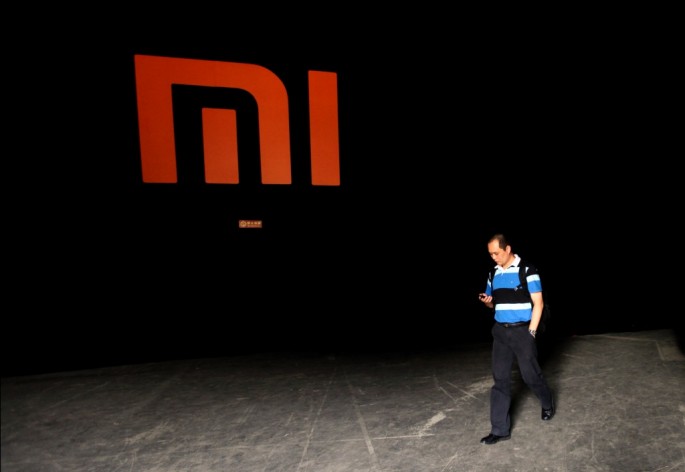Xiaomi Technology has acquired $55 million worth of shares in Midea Group, upon the approval of China’s securities regulator on May 20, as reported by Shanghai’s China Business News.
The firms are to partner in developing Midea's own brand of smart rice cookers, one of the company's ways of venturing into the smart home-making sector.
According to Midea chair Fang Hongbo during the group's shareholders' meeting in April, the partnership with Xiaomi will likely push changes in the thinking of the current management.
For the next two to three months, the two firms will be jointly making an ecosphere of smart rice cookers, Midea's local home appliance unit general manager Ren Yong remarked.
Apart from Xiaomi, the company is also eyeing to tap other Chinese giants such as Huawei, Alibaba Group and Jingdong Mall for the said product, Ren added.
The smart rice cooker will have big data analysis feature aside from its capacity for WiFi connection, making the interaction more convenient for different users. The innovative item, for instance, can remind a user how to set the timer, suggest the amount of rice for specific groups of people or advise on the sugar level absorption for diabetes.
Ren predicted that the country's smart rice cookers will grow a 160-percent year-on-year figure this 2015. Compared with a normal rice cooker's price of 200 to 300 yuan, a more high-tech version of the product can be availed at 800 to 900 yuan.
Midea accounts for over 40 percent of the annual sales of rice cookers in mainland China, selling about 16 million units.
Furthermore, the cooperation with Xiaomi is expected to catalyze the facilitation of Midea's smart home technology development, foraying into other products such as smart air conditioners.
Midea will also be teaming up with Apple and Tencent for the said item, particularly producing Homekit air conditioners with the former and WeChat air conditioners with the latter.
Only few players, including Alibaba, Qihoo 360, LeTV.com, Xiaomi, TCL and Haier, are currently in the smart home market in China.



























